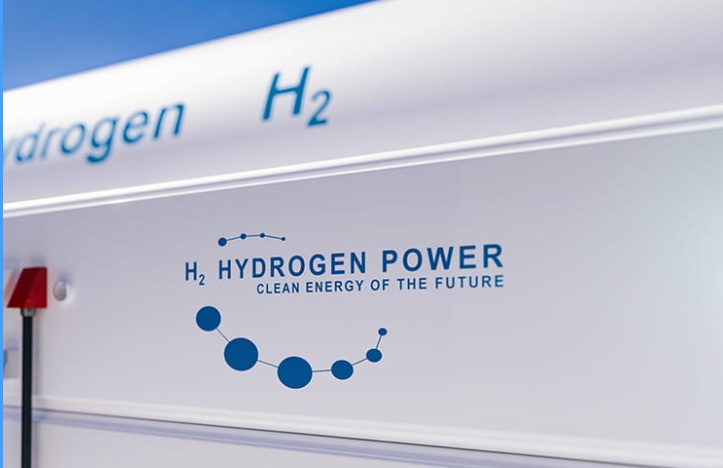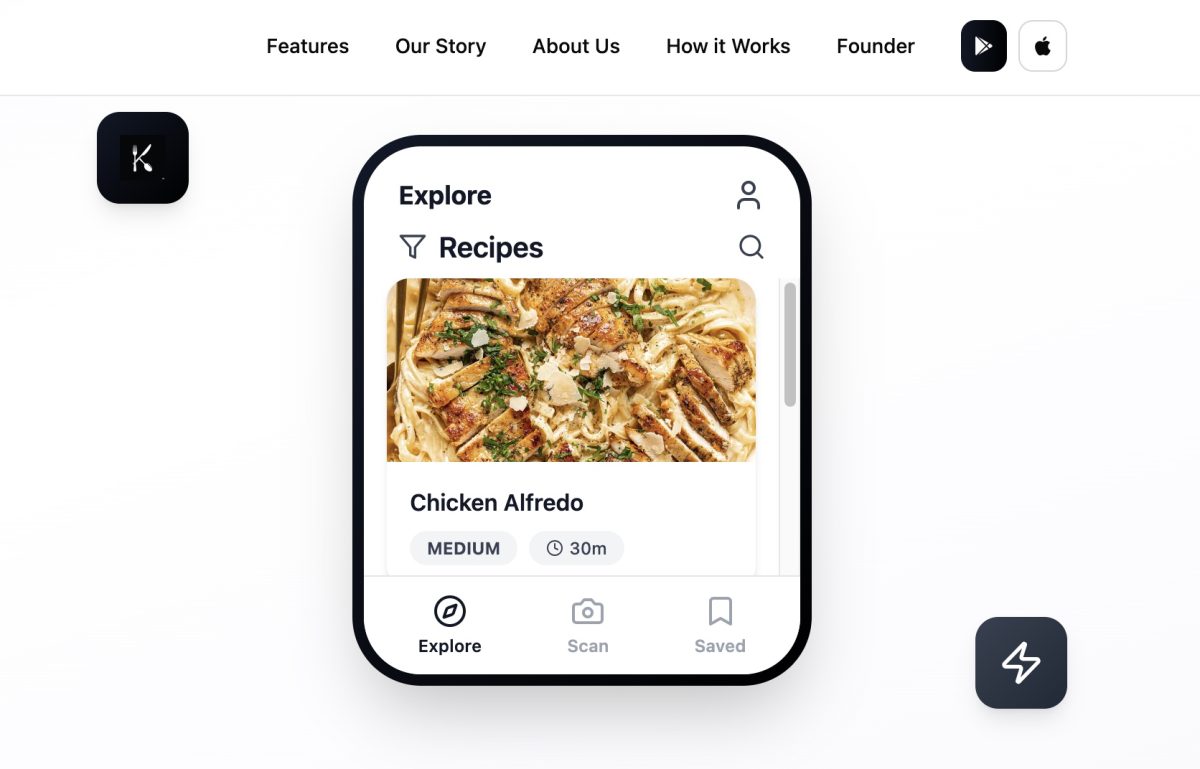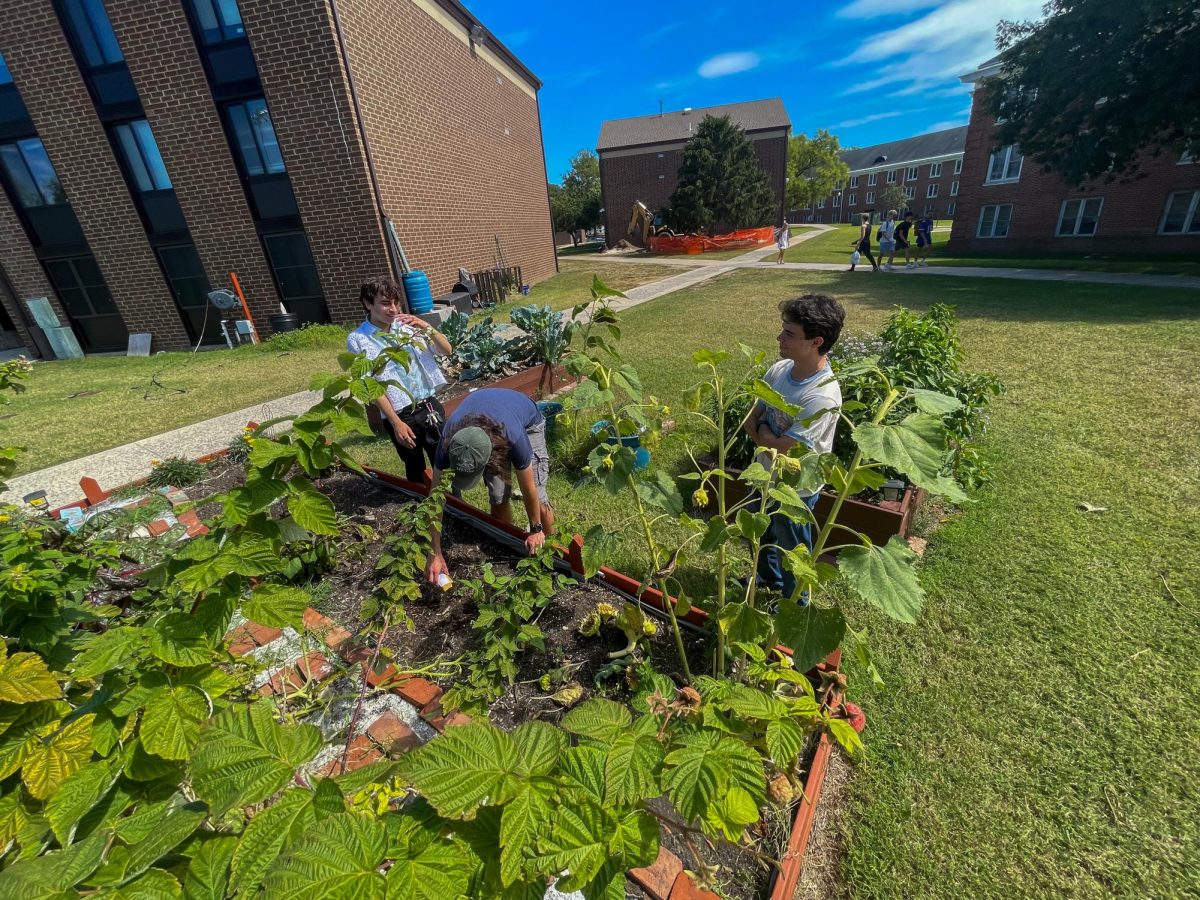In response to the growing market and need for renewable energy, Rowan University has partnered with the Mid-Atlantic Clean Hydrogen Hub (MACH2).
The organization is part of the U.S. Department of Energy’s Hydrogen Hubs program, which provides funding and resources to create infrastructure to support and create a network of hydrogen suppliers. MACH2 will produce hydrogen for South Jersey, Delaware, and Southeastern Pennsylvania.
The aim is to reduce CO2 or smog-like emissions from things like factories and transportation like SEPTA, NJ Transit, DART buses, trains, and other methods of transportation, as these sectors are difficult to electrify. MACH2 also plans to update old or out-of-date infrastructure like pipelines and refineries.
“What a hydrogen hub is, is essentially a network of hydrogen producers, consumers, and infrastructure that enables the use of hydrogen to power various things, specifically focused on industries and areas of our economy that are hard to electrify currently, including heavy manufacturing, transportation, agriculture and other applications like that,” said Matthew Krayton, who heads up communications for the hub.
MACH2 has a goal of creating 20,000 jobs in the area and producing over 300 tons of clean hydrogen per day. This will allow industries to continue to operate while continuing to reduce emissions and provide cleaner air for the communities around industrial centers.
“Our hub is ranked as the greenest and most labor-friendly hub in the country… many of those jobs are going to be union jobs, with good wages, benefits, and workforce development to train folks who are going to be working on these projects for skills that essentially will prepare them to continue to have gainful employment in the clean energy economy, as we transition from other forms of energy to more clean forms.
The hub will create green hydrogen, which creates energy by splitting water into its hydrogen and oxygen molecules using solar and wind power, and then harnessing the hydrogen. It will also create pink hydrogen, which uses nuclear energy to do the same molecule-splitting process. Both of these processes are done without the use of fossil fuels and create no CO2 emissions.
Anthony Lowman, Ph.D., Rowan University’s provost and senior vice president of academic affairs, spoke on the matter:
“A group came together to see how we could respond to this [effort to] clean hydrogen up and given the region’s capabilities; we’ve got ports, we’ve got [equipment] from the refinery days, we’ve got piping, we’ve got transportation networks. So, the idea was to use the regional assets to come up with a way to see if we can produce hydrogen as an energy source for the region,” said Lowman.
Lowman also talked about the need to have a partnership with green energy producers for the future workforce.
“I think the jobs in hydrogen economy are going to look a little different than the jobs that we’re producing for today,” said Lowman.
Rowan’s partnership with the hub continues the university’s commitment to sustainability, a goal spearheaded by the School of Earth and Environment’s Green Jobs Academy.
This article originally appeared in the The Whit, a student-operated campus news outlet for Rowan University and a content partner with South Jersey Climate News.








